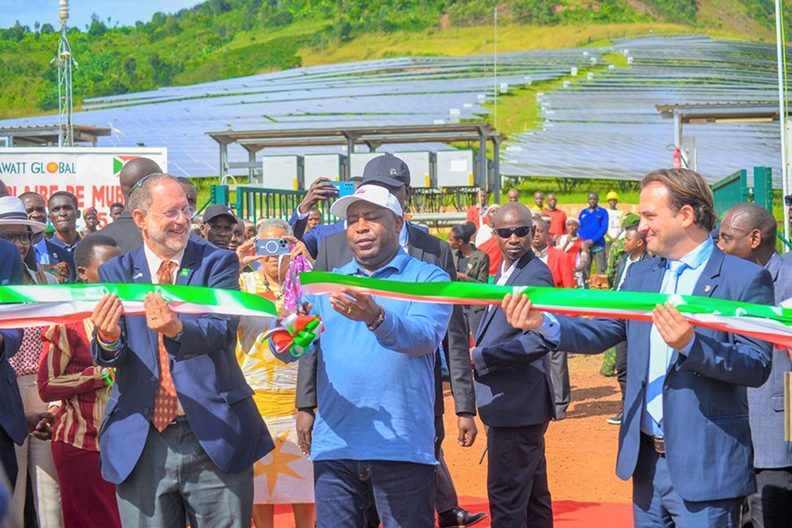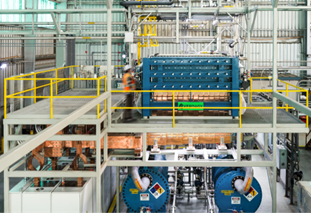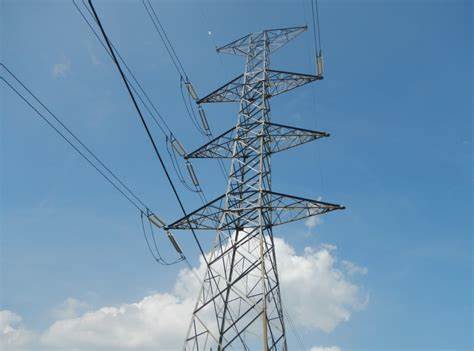
Lagos — Burundi’s president, Evariste Ndayishimiye, inaugurated the country’s first utility-scale solar power plant, the 7.5MW Mubuga Solar Power Project, last week. The plant is located on Mirambi Hill, about 68 kilometers from the capital, Gitega.
The plant was constructed under a public-private partnership between the Republic of Burundi and Gigawatt Global, an Israel-based Dutch-registered company that focuses on utility-scale solar power development in Africa. The new solar plant comprises over 25,000 solar panels on an area of over 12 hectares.
President Ndayishimiye thanked the technical and financial partners for their contribution, noting that the success of the project is due to the cooperation of numerous stakeholders.
The financing for the construction of the project was provided by a consortium including pan-African private equity investor Inspired Evolution, the UK government-funded Renewable Energy Performance Platform (REPP), and Gigawatt Global. The construction loans are being refinanced by the US International Development Finance Corporation (DFC).
Additional support for the project was provided directly and indirectly from the Energy and Environment Partnership (EEP), and the Belgian Investment Company for Developing Countries (BIO). The French firm, Voltalia, served as the engineering, procurement, and construction (EPC) contractor for the project, and political risk re-insurance is provided by DFC.
The construction of the plant began in January 2020 after reaching a financial close in 2019. Commercial operation was achieved in 2021 after a series of delays caused by COVID-19. The plant, after commissioning, increased the generation capacity of Burundi by 10%, providing energy to about 90,000 people and businesses.
At the inauguration, President Ndayishimiye and Gigawatt Global’s CEO Yosef Abramowitz discussed plans to expand the solar plant’s generating capacity and double the amount of energy generated.
The plant is Gigawatt’s second utility-scale plant connected on the continent after the 8.5MW Agahozo-Shalom Youth PV Solar Plant in Rwanda in 2017.
Burundi is the least electrified country globally with an energy access rate of 11.7% according to the World Bank. The country has a total installed generation capacity of only 55MW. Some of the country’s energy deficit is met by imports from the Ruzzi I and II hydropower plants owned by the Economic Community of the Great Lakes Countries (ECGLC) – Burundi, Rwanda, and the Democratic Republic of Congo.
Burundi’s Vision 2040 plans to increase both rural electrification access (from 9.1%) and the clean energy contribution to the energy mix (from 56.17%) to 80% by 2040. The country plans to do this via the development of key hydropower and solar power projects.
The World Bank is financing the development of the Jiji and Mulembwe Hydropower Projects, two hydro plants with a combined capacity of up to 48MW.
The project concerns the development of two hydropower plants and the construction of infrastructure required for electric power transmission and distribution. These two development initiatives are located in the southeast of the country in Bururi Province.
According to the World Bank, the plants are expected to supply electricity at $0.1 per kWh compared to alternative options that can reach $0.4 per kWh.
Follow us on twitter



